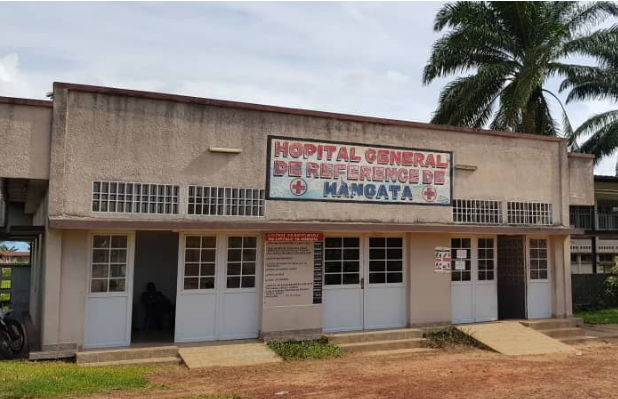DCR faces new Ebola challenge one case is identified in city of Mbandaka

The Democratic Republic of the Congo (DRC) has confirmed that a case of Ebola has been confirmed in the city of Mbandaka, which is home to 1.2 million people.
The finding has alarmed the DCR government along with aid agencies as the disease has spread from a remote rural area to a large city.
Ebola is particularly dangerous in cities as dense populations enable a rapid spread of the disease. Ebola is passed through contact with infected bodily fluids; family members of those infected, burial workers and medical staff are particularly vulnerable to contracting the disease.
Dr Jeremy Farrar, head of the Wellcome Trust, noted:
“Ebola spreads rapidly, and this outbreak is in an area where people connect, trade and travel – an environment ripe for spreading disease”
The DCR is experienced in dealing with Ebola having contained and ended two outbreaks last year and in 2014. Since 1976 there have been 811 deaths from Ebola in the country, this is significantly lower than the 11,000 who died in the 2014-2015 epidemic in other West African countries.
This year there have been 44 reported cases in DCR; however, Dr Tedros Adhanom Ghebreyesus, World Health Organisation Director General, noted the spread to the city was concerning. The disease has managed to travel 80 miles from the rural area into the city.
In response, over 4,000 doses of a new vaccine for Ebola have been sent to DCR. The vaccine was trialled in Guinea during the West African Epidemic and proved successful in controlling the outbreak.
In order to contain the disease it is imperative to find the relatives of those infected.
The response on the ground is being led by Médecins Sans Frontières, Luis Encinas, MSF’s emergency coordinator in DCR’s capital of Kinshasa commented:
“It is not a simple mass vaccination campaign…we need to have consent from all the people who are eligible to be part of the study and let them withdraw from it any time they want”
This is because the vaccine is not yet licensed for use, so the campaign will be a clinical trial. Health workers and burial workers will be offered the vaccination first, then those who have been in contact with an infected person will be offered the vaccine. For each person infected, approximately 100-150 people will be offered the vaccine.
Peter Piot, director of the London School of Hygiene and Tropical Medicine and an Ebola expert, praised DCR for their experience and proficiency in dealing with rural cases of Ebola. However, the entrance of the disease into the city presents a new challenge for the country which could result in a wide spread vaccination campaign.
The AIDF Africa Summit will return in February 2018 for its 4th year.
If you’d like to stay informed on the latest updates in aid and development, please sign up for the AIDF newsletter.
Image credit: WHO















